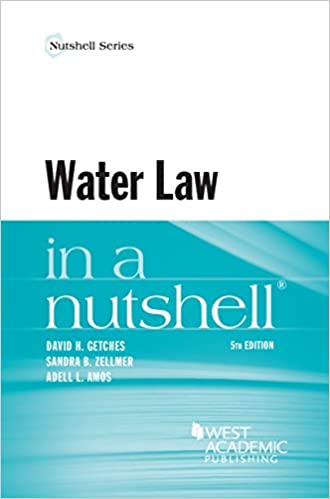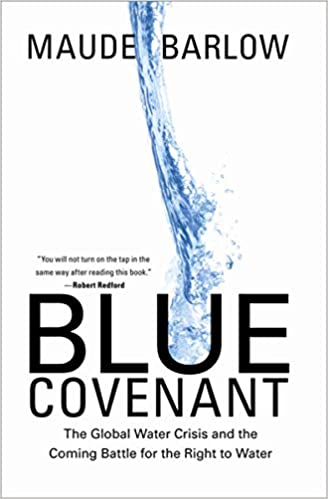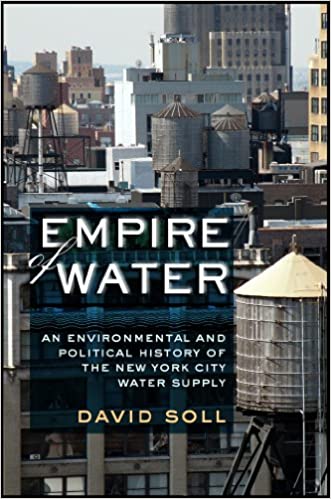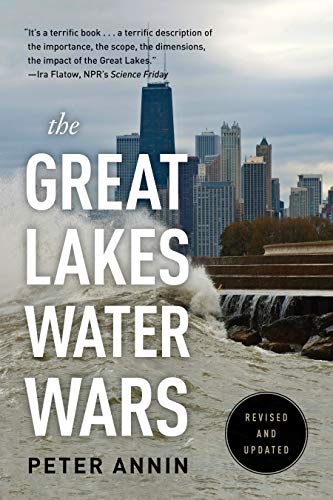
October 3, 2016Manhattan Court Holds Con Ed Water Permit Challenge Time-BarredOn September 29, New York County Supreme Court Justice Alice Schlesinger granted Consolidated Edison's motion to dismiss our legal challenge to the actions of the New York State Department of Environmental Conservation (DEC) in issuing a water withdrawal permit to Con Ed's East River Generating Station to withdraw up to 373 million gallons of water per day from the East River for operation of its once-through cooling system. The Article 78 proceeding was brought by the Sierra Club and Hudson River Fishermen's Association. Richard Lippes and I represent the Petitioners. The case, Matter of Sierra Club v. Martens II, challenged DEC's issuance of the Con Ed permit on the ground that DEC violated the the Water Resources Law (WRL), New York's new water withdrawal permitting law, the State Environmental Quality Review Act (SEQRA), state and city coastal zone laws and DEC's public trust responsibilities, when it issued the permit and that these violations occurred because DEC failed to consider the impacts of the huge withdrawals on other users and the estuary and failed to include necessary water conservation conditions in the permits. The Con Ed lawsuit is the second suit filed by Sierra Club and HRFA challenging DEC's interpretation of the laws relating to water withdrawal permits. See Second Suit Filed Challenging Implementation of NY's New Water Permitting Law. Justice Schlesinger ruled against the Petitioners on six grounds. First, she found that the petition was time-barred because it was not filed within 60 days of DEC's issuance of the Con Ed permit. She determined that the limitation in Environmental Conservation Law (ECL) 15-0905(2) applies notwithstanding the exclusion contained in ECL 15-0903(1). Second, she found that DEC's issuance of the permit "should be evaluated only in the narrow context of whether issuance was arbitrary and capricious under the statutory scheme." Third, she found that environmental review under SEQRA was not warranted because DEC's issuance of the Con Ed permit was ministerial and thus an exempt Type II action. Fourth, she found that, because no SEQRA review was required, environmental review under the NYC waterfront act (coastal zone law) was not required. Fifth, she found that DEC did not violate the water resources law by failing to impose certain conditions in the permit. Finally, she found that the petition was barred by the doctrine of laches because Petitioners did not get involved in DEC's renewal of Con Ed's SPDES permit in 2010 pursuant to which Con Ed spent $44 million installing fish impingement and entrainment technology approved by DEC. The decision is posted here on the New York Official Reports Service. An index to the papers and decisions in the case is posted on my law office website. Posted by Rachel Treichler on 10/03/16, updated 01/02/23.
Copyright 2023, Rachel Treichler
|
|






